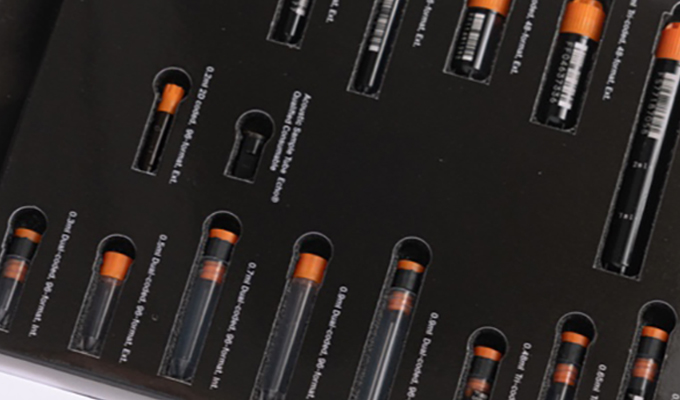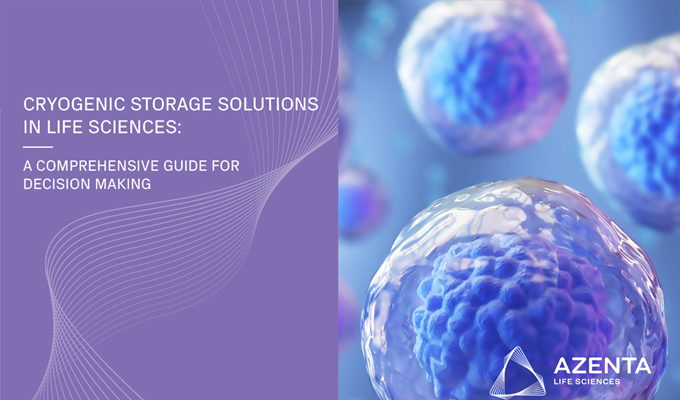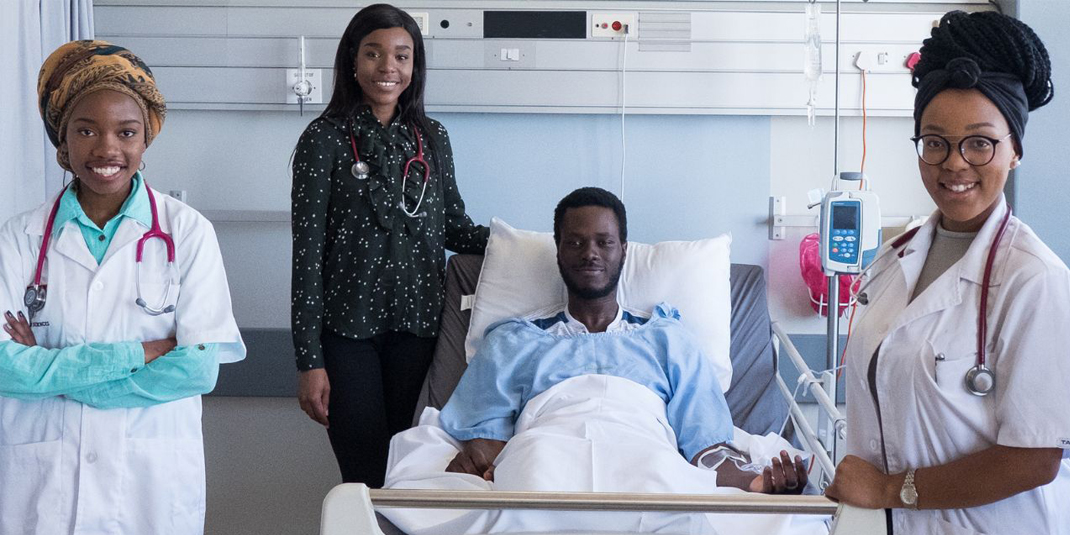Part 15 of our Bridging the Gap Series (Summary of the webinar session held in February 2025)
Access to cutting-edge gene therapy treatments remains a major challenge, particularly in low- and middle-income countries (LMICs). While these therapies hold the potential to cure life-threatening conditions such as hemophilia, HIV, and sickle cell disease, their availability today is generally limited to patients in wealthier nations with advanced medical infrastructure. The Global Gene Therapy Initiative (GGTI) aims to bridge this divide by addressing key barriers, including research limitations, infrastructure, regulatory pathways, and affordability.
In the February 2025 edition of the Bridging the Gap webinar series, Dr. Jennifer Adair, co-founder of the Global Gene Therapy Initiative and Associate Professor at the Fred Hutchinson Cancer Center and the University of Washington, shared insights into GGTI’s efforts to expand access to gene therapies. The discussion explored the progress of clinical trials in Uganda and India, strategies for overcoming regulatory and logistical challenges, and the importance of patient-centered approaches in advancing global health equity.
A Mission to Make Gene Therapy Accessible
Dr. Adair’s journey into gene therapy was driven by both scientific curiosity and personal experience. Raised in Ohio’s Rust Belt, she pursued a career in research despite initial barriers to entering the field. After completing her Ph.D. in genetics and cell biology, she became deeply involved in cell and gene therapy, particularly in developing methods to make these therapies more accessible to underserved populations.
“The majority of patients with diseases we’re treating using gene therapy don’t live in the U.S. or Europe,” Dr. Adair emphasized. “If we design these therapies with the hardest-to-reach patients in mind, we solve the access problem for everyone.”
GGTI was founded in 2020 with this goal in mind—to ensure that patients worldwide, regardless of geography or financial status, have access to life-saving genetic treatments. The initiative has identified two pilot locations for its first clinical trials: Christian Medical College in Vellore, India, and the Joint Clinical Research Center in Uganda.
Tackling Key Barriers to Global Gene Therapy
One of the biggest challenges in expanding access to gene therapy is the complexity of manufacturing and delivering these treatments. Traditional cell and gene therapy manufacturing requires highly controlled environments, making setting up production facilities in lower-income countries difficult.
Recognizing this, Dr. Adair was an early proponent of automated and decentralized manufacturing. “We need to compartmentalize this process,” she explained. “We need a small-scale, automated system that can operate outside of traditional clean rooms, making gene therapy feasible in more locations.”
Another key hurdle is cost. In the U.S. and Europe, gene therapies often cost hundreds of thousands or even millions of dollars per patient. In contrast, academic trials in India have demonstrated the feasibility of manufacturing CAR-T cell therapies for around $35,000 per patient—a significant reduction.
“In India, because healthcare is largely self-pay, we were able to be completely transparent about the cost of manufacturing CAR-T,” Dr. Adair noted. “The biggest expense remains the raw materials we have to import from high-income countries. If we can start producing these locally, the cost can drop even further.”
Regulatory approvals also pose a challenge, particularly in countries without an established framework for gene therapy trials. Uganda, for example, is still in the process of building the necessary infrastructure, but its first clinical trial—using the commercially approved gene therapy Roctavian for hemophilia—is set to launch in 2025.
Patient-Centered Innovation: Listening to Those Who Need It Most
Throughout the webinar, Dr. Adair and panelists emphasized the need to involve patients in the decision-making process. Too often, medical innovations are developed without considering the realities of patient access and quality of life.
For example, sickle cell disease—one of the most common genetic disorders in Africa—now has multiple gene therapy treatments available. However, many patients hesitate to undergo treatment due to concerns about infertility.
“The first group that figures out how to deliver gene therapy without compromising fertility will change the entire field,” Dr. Adair predicted. “Patients care about more than just survival—they care about their future.”
Key Takeaways from the Webinar
- Global need is high, but access is limited. The highest burden of genetic diseases falls on countries with the least access to advanced therapies.
- Local manufacturing and automation are critical. Decentralized, automated production can lower costs and expand availability.
- Cost transparency matters. India’s CAR-T trial demonstrated that academic institutions can manufacture these therapies for a fraction of the commercial cost.
- Regulatory pathways must be developed. Countries need structured approval processes to ensure safety and sustainability.
- Patients’ voices must guide innovation. Fertility concerns in sickle cell gene therapy highlight the need for patient-driven research priorities.
Looking Ahead: The Future of GGTI
Over the next few years, GGTI will continue expanding its global network, helping countries build the infrastructure needed for sustainable gene therapy programs. As Dr. Adair noted, the initiative’s success depends on collaboration across research, industry, government, and patient advocacy groups.
“We’re not just bringing gene therapy to more places—we’re working to make sure these treatments are developed with the needs of all patients in mind,” she said.
To stay updated on the latest developments in global gene therapy access, follow the Bridging the Gap webinar series.
Explore more in the Bridging the Gap Series
About the Guest Speaker
Jennifer Adair, Ph.D.
Co-Founder GGTI, Assoc. Professor, Fred Hutchinson Cancer Center and University of Washington

Dr. Adair is an Associate Professor in the Translational Science and Therapeutics Division and Cell and Gene Therapy Program at the Fred Hutchinson Cancer Center, and a Research Associate Professor at the University of Washington in the Departments of Medical Oncology and Laboratory Medicine and Pathology. She completed her Bachelor of Science degree in Chemistry at Youngstown State University, and her doctoral degree in Genetics and Cell Biology at Washington State University. After a post-doctoral fellowship in the laboratory of Dr. Kenneth Olden, then Director of the National Institute for Environmental Health Sciences, Dr. Adair returned to the Pacific Northwest to start her career in gene therapy at Fred Hutch becoming faculty in 2014. Her laboratory develops tools and methods for delivering gene therapy to patients who need it, anywhere in the world. To this end, Dr. Adair co-founded the Global Gene Therapy Initiative with Dr. Cissy Kityo in 2020. She is also an inventor and biotech company co-founder, consultant and recipient of commercially sponsored research agreements. In 2020, Dr. Adair was named the Fleischauer Family Endowed Chair in Gene Therapy Translation.










